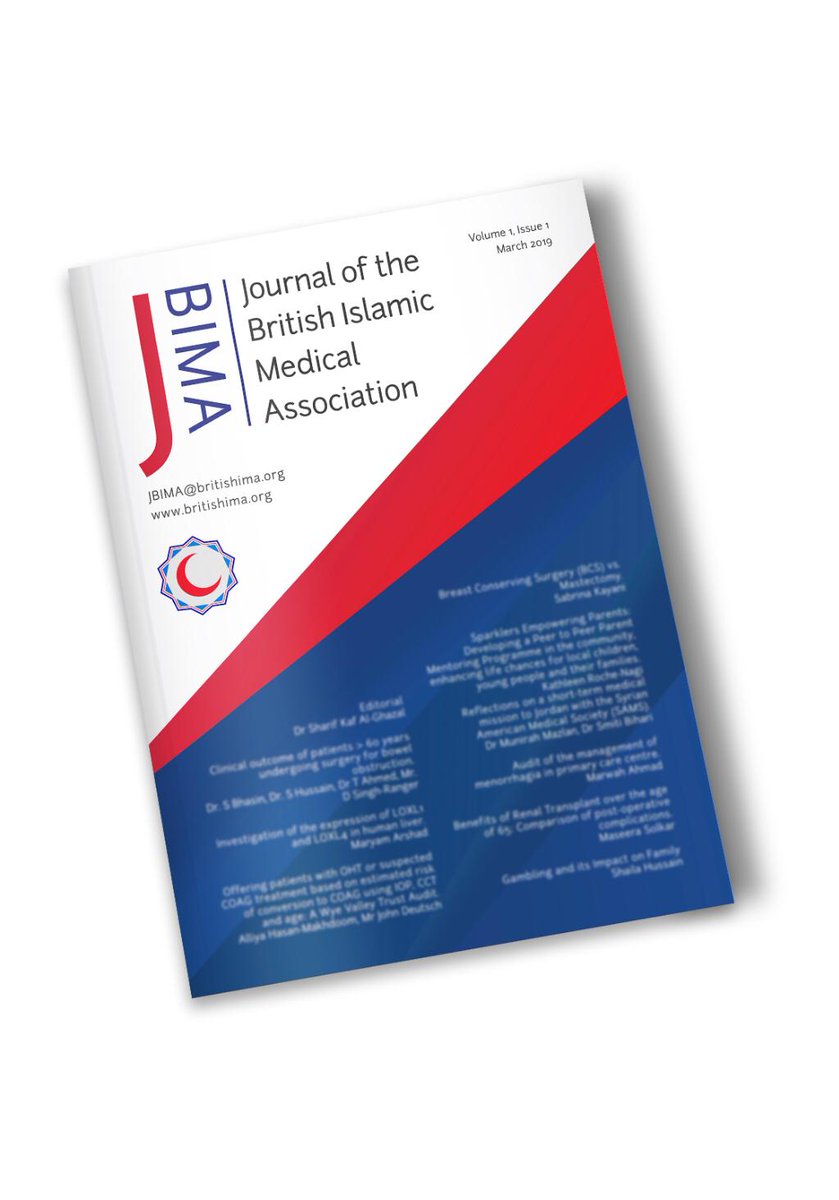
As the pandemic started there were predominantly two reactions from individuals, organisations and others. The first was that their activities simply could not work in a virtual environment and therefore they should be curtailed or stopped altogether. Many of them relied on seemingly foolproof arguments like stating that their physical events were just not possible to carry out in the virtual world or that there were too many moving parts involved.
The other reaction was a can-do attitude that involved adjusting activities and pivoting to the new online reality. This was surprisingly taken up by individuals and families with even the previously technologically challenged older generations and institutions like mosques making the switch. To do this involved a degree of flexibility and agility that is necessary to turn a crisis into an opportunity.
Examples of restaurants that switched to takeaway services, gyms that promoted online courses and mosques that streamed sermons every Friday come to mind. However, as usual, the reaction from the medical community tended to be less adventurous with many medical schools still struggling to come up with a reasonable online programme and many CPD activities being abandoned till many months later.
The British Islamic Medical Association (BIMA) Lifesavers faced the same challenge as everyone else. How do you teach a hands-on skill like CPR online? The options were clear. We could cancel the entire event and try again next year, hoping that the pandemic would have settled by then. The other option was to do an informational video but without the ability to practise or have your technique reviewed.
However, none of these were optimal and to the credit of the team – they decided to attempt to do an online event with the element of small group practising. Attendees were encouraged to use family members, pillows, teddy bears or anything they had to hand. Even with nothing to hand, we advised attendees to practise on thin air and indicate the hand movements.
The event was successful and the feedback was quite positive.

